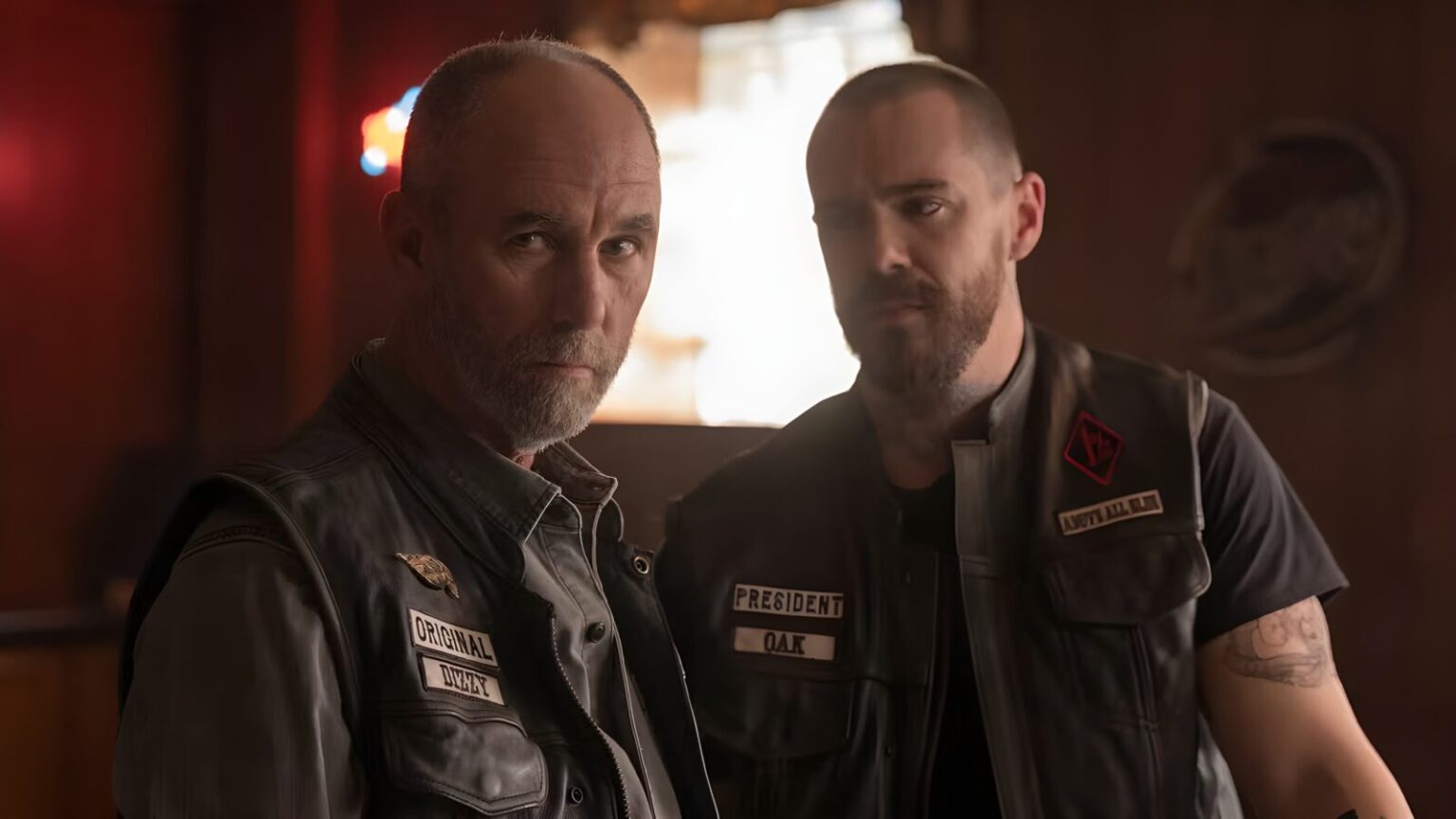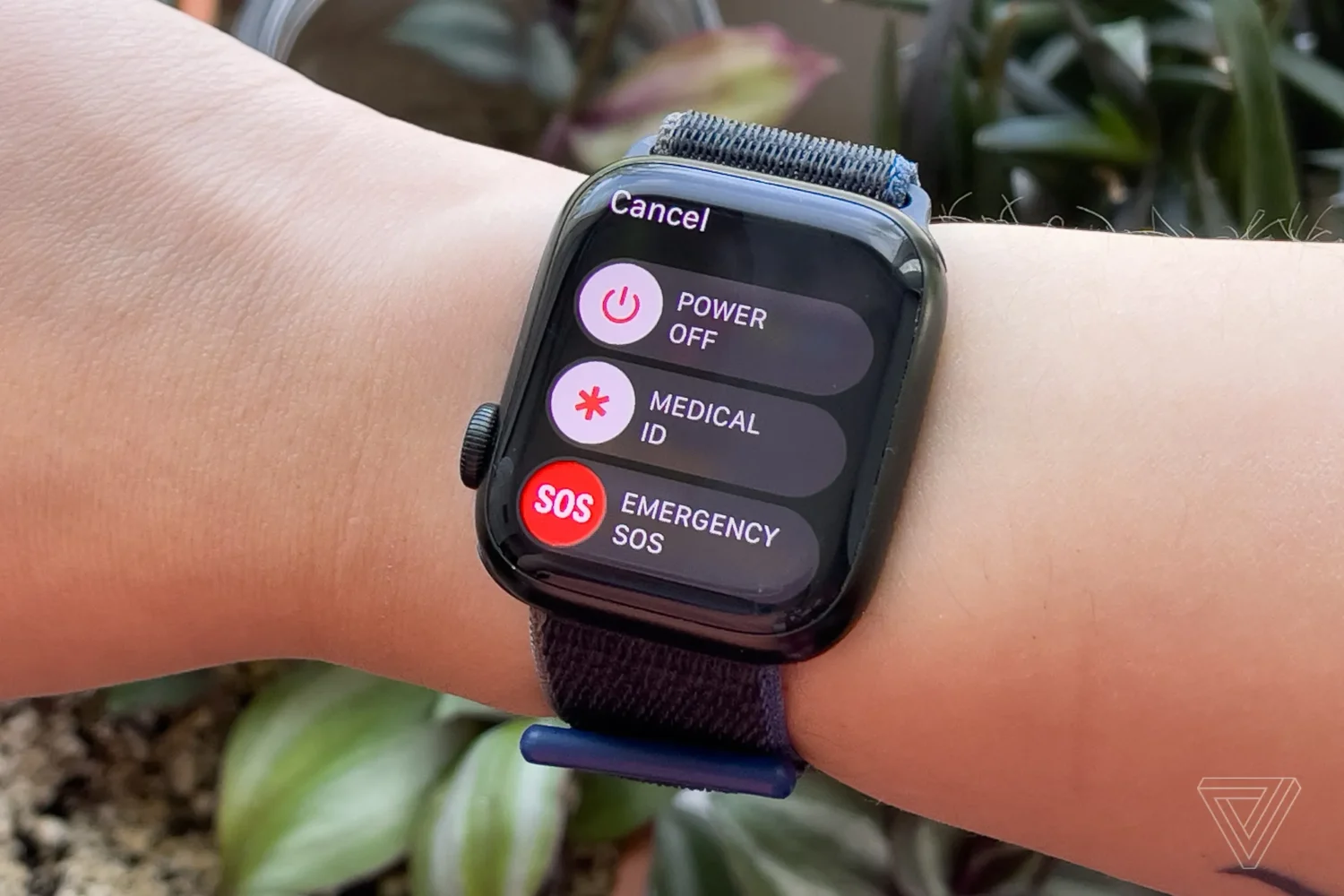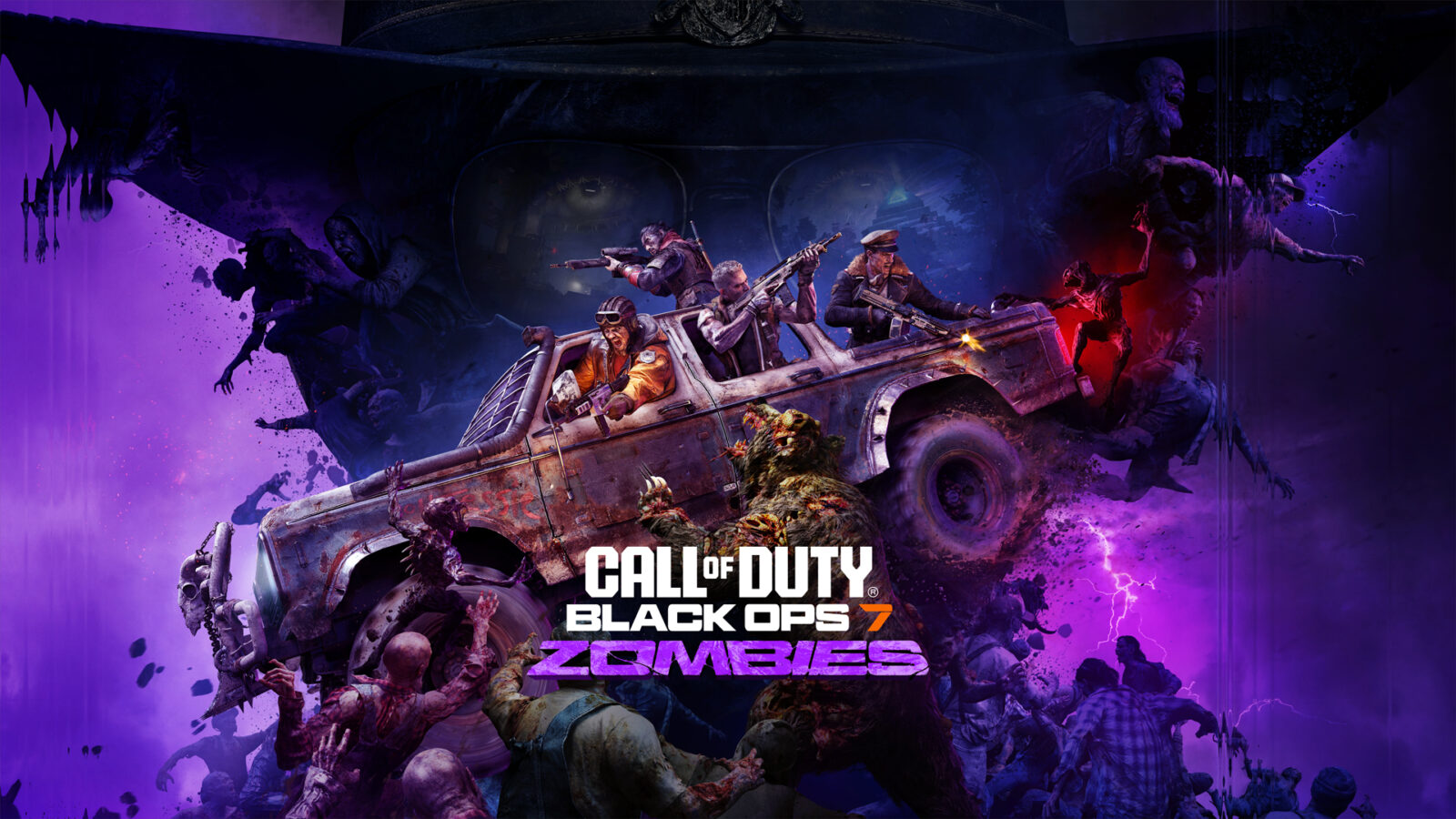TL;DR: Robbie’s true motive is revealed, Ruffalo finally unloads his emotional baggage, and the Dark Hearts prove they’re more than just leather-clad boogeymen. Task is hitting its stride, and the fallout’s about to get bloody.
Task
If you’ve made it to Episode 3 of HBO’s Task without either throwing your remote in frustration or pacing your living room like a caffeine-jacked detective, congratulations—you’re in deeper than you probably realized. Brad Ingelsby’s latest Philly-flavored crime opera has now reached that stage where the plot threads start tangling into knots so thick you’re not sure whether to untie them, cut them, or just set the whole spool on fire. And yet, for all the chaos, it works. More than works—it thrives on that chaos.
Because at the core of Task Episode 3, charmingly titled “Nobody’s Stronger Than Forgiveness,” is a truth HBO dramas have loved since the days of The Sopranos: every act of violence is really just a badly translated expression of grief. Robbie Prendergrast (Tom Pelphrey, who somehow manages to look both like a wounded puppy and a rabid wolf in the same frame) finally lays his cards on the table, and we discover what’s been simmering under his garbage-collector-gone-heist-criminal persona. It’s not money, not drugs, not even the thrill of pulling one over on the feds. It’s vengeance—raw, ugly, and painfully human vengeance for his brother Billy’s death at the hands (literally) of the Dark Hearts motorcycle gang.
And suddenly, Task feels less like a procedural and more like a Greek tragedy performed in South Philly dive bars, with fentanyl bricks where the chorus should be.
Robbie’s Motives: When Family Trauma Becomes a Heist Blueprint
Robbie’s “big reveal” isn’t exactly shocking if you’ve been paying attention, but the way it lands gives the show fresh urgency. The man’s entire criminal career is basically grief alchemy—turning his brother’s blood into an unstable cocktail of robberies, betrayals, and fentanyl distribution schemes. The writers don’t make it neat, and I respect that. Robbie’s not a mastermind. He’s not Walter White or even Tony Soprano. He’s a trash man with a heavy heart and heavier fists, lashing out because the grief won’t sit quietly in the corner.
The detail that Jayson—the Dark Hearts’ swaggering president—had the audacity to shake Robbie’s hand at Billy’s memorial with the same hand he used to beat him to death? That’s some Shakespearean villainy. No wonder Robbie’s rage simmers hotter than Philly asphalt in August. But what’s deliciously messy is how Maeve (Emilia Jones, wielding more emotional intelligence than most of the men on this show combined) doesn’t buy his martyr act for a second. She knows the Dark Hearts don’t forgive, and they sure as hell don’t forget. Her refusal to meet his eyes says everything: Robbie’s on a suicide mission, and his family will be left sweeping up the wreckage.
Meanwhile in FBI Land: Ruffalo’s Sad Dad Era
The counterpoint to Robbie’s grief-fueled crime spree is Tom Brandis (Mark Ruffalo), who is somehow pulling off the rare feat of being both the most grounded and the most tragic figure in the show. Episode 3 finally breaks open the storm cloud hovering over his storyline: the truth about his wife Susan’s death, and the unbearable fracture with his imprisoned son Ethan.
The reveal lands like a gut punch. For two episodes we’ve been watching Ruffalo do his patented “quietly suffering while staring into middle distance” routine, and now it pays off. His brand of grief isn’t explosive like Robbie’s. It’s corrosive. He’s letting it eat him from the inside out, turning his relationships into husks. His admission to his daughter—that he doesn’t want Ethan to come home because forgiveness is beyond him—wasn’t just heartbreaking. It was ugly in the way only the best HBO dramas dare to be. Because here’s the kicker: we understand him. We may not agree, but we get it. That’s the tragedy.
Ruffalo embodies that worn-down federal agent archetype we’ve all seen before, but what makes Tom feel distinct is how personal his case has become. He’s not just chasing criminals. He’s chasing the shadow of his own grief. Robbie and Tom are two sides of the same coin: one trying to weaponize pain, the other trying to bury it.
The Dark Hearts: Villains Straight Out of a Bruce Springsteen Song
Let’s talk about the Dark Hearts. In less capable hands, this motorcycle gang could’ve been a cartoonish Sons of Anarchy knockoff. Leather, beards, bar fights—blah blah blah. But Task makes them feel like an omnipresent nightmare. They don’t just show up as antagonists; they seep into the story like mold under drywall. Every decision Robbie makes is in orbit around their menace.
Episode 3 gives us that smoky billiards hall scene, which feels like it was shot through an ashtray and scored by a jukebox that only plays Springsteen B-sides. It’s tense, grimy, and wonderfully uncomfortable. Jayson and Perry are all smirks and half-truths, the kind of guys you can smell through the TV. And when Tom points out the obvious leak in their ranks, you can feel the air go still.
But the kicker is their paranoia afterward—trying to figure out which of their members’ guns matched ballistics from another crime. These guys aren’t untouchable. They’re rotting from the inside. The presence of Eryn, Jayson’s wife and undercover informant, twists the knife further. Her clandestine meeting with Robbie and Cliff at the quarry adds another layer of messy human drama—because of course, her affair with Billy wasn’t just lust, it was “true love.” If Greek tragedy wasn’t obvious enough already, here’s your forbidden romance subplot.
Fentanyl, Family, and the Cost of Bad Decisions
One of the show’s strengths is how it never lets the heist details feel abstract. Robbie’s stolen fentanyl isn’t just a plot device; it’s a $1.5 million headache that weighs down every character. The FBI wants it. The Dark Hearts want it. Robbie wants to fence it before it fences him into a coffin. The drugs aren’t just drugs—they’re the gravitational center of everyone’s bad decisions.
And speaking of bad decisions: Cliff Broward. The man’s walking chaos, dragging his wife Shelley into schemes she wants no part of. Watching Thuso Mbedu’s Aleah break Shelley down with a devastating monologue about surviving abuse was maybe the best scene of the episode. It’s one of those rare moments when a crime drama pauses the plot to give you raw humanity, and it hits harder than any gunshot. Shelley cracks not because she’s weak, but because she sees herself in Aleah’s honesty. It’s empathy as a weapon, and it works beautifully.
Forgiveness vs. Vengeance: The Heart of Task
If Episode 2 cracked open the themes of forgiveness and vengeance, Episode 3 shoves our faces in them. Robbie wants vengeance so badly he’s willing to risk his kids’ futures. Tom clings to unforgiveness like a lifeline, even if it means cutting his family loose. Aleah finds survival in confronting the darkest parts of her past, while Eryn seems caught between love, betrayal, and revenge.
The question looming over every scene is simple but brutal: what costs more, revenge or forgiveness? And the show wisely refuses to answer it.
Final Thoughts
Episode 3 of Task doesn’t just raise the stakes—it sharpens them into knives. Every character is circling their own doom, and you can feel the collision course tightening. This is Ingelsby at his best: blue-collar tragedy, crime-drama grit, and human frailty rolled into one.







